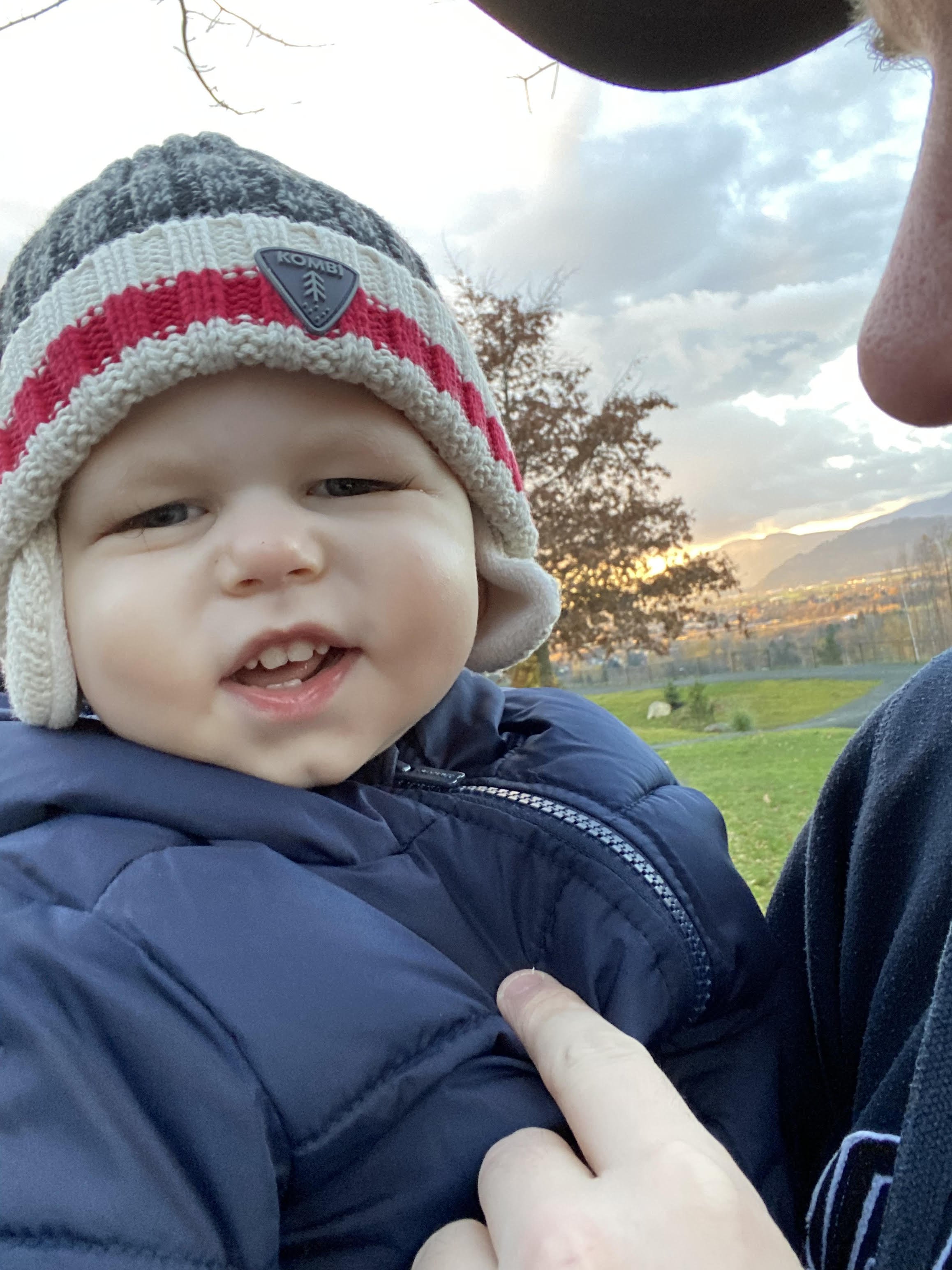By: Candice Brown
To Whom It May Concern:
Congratulations! Your business has shown an interest in working towards becoming an inclusive space for parents and caregivers of people living with disabilities and/or extra needs.
My story:
My son has been in my life for eighteen months and has a rare chromosomal syndrome which has a lot of challenges including feeding, neurological differences/developmental delays and a few more. My son is a loving, quiet, low key kid who loves the simple things like rubbing his face on blankets and laughing at the garbage truck. One parent stated that most people spend their whole life finding joy when our kids are born with it. Recently, when calling businesses and organizations to book appointments or be added to wait lists (childcare, general doctors, dentists etc) I’ve noted a lack of knowledge about how to approach questions pertaining to the appointment. It’s tough in this world to know what is “okay” to say or what might offend or upset someone. In the most honest way, I’m hoping to write this to inform so you can navigate this terrain in a honest, open way that I think most people have full intentions of. I send this letter with the hope that it gives a road map on how to navigate these conversations with knowledge and questions that empower you to gain the information you need to proceed. With this information, I hope to bridge the gap of awkward good intentioned questions or assumptions about what it means to have a child with extra needs.
A few things to consider during this call/interaction or even as an afterthought email or call:
You may have an idea of what extra needs/special needs/disabilities looks like but you likely don’t know this child/person.
I’ve often had assumptions made about my little dude based on the terms I use “special” “syndrome”—we’re often told “he won’t do well in this space, it’s too loud, too busy, too stimulating” which is so well intentioned to help us navigate a space that might be tough for him. However, uniquely himself, his personality is low key, quiet and fascinated by loud and busy surroundings, especially people.
Consider asking questions instead of assumptions:
“Will the loud sounds and busy atmosphere be bothersome to your son?”
“Does your son deal with sensory issues when it comes to loud sounds?”
When I mention my son’s extra needs, I am always hoping the person won’t change how they’re talking to me or interacting with him.
If I mention it, it’s because I think it’ll help you be prepared for some things. If I mention a few challenges, it’s particular to his experience in your area of business. In some cases, people want to cut the conversation short, move on so they don’t say something …maybe “wrong” or “offensive”. I want to trust that this is a good place for us to interact and if I mention his certain needs, I personally am open to any questions or concerns you have. I would much rather that then being dismissed quickly —which I never think has a bad intention.
What the heck is Normal?
While there’s no “right” way to speak to people with different abilities and needs, when you tell me that your business only works with normal kids, it does sting. And I always hope I hear some form of self awareness after “shoot, maybe not normal but…you know what I mean” it’s an after thought but it helps :) My baby boy is my only kid and that’s my normal.
Behaviours that you don’t understand
Some kids like my son have bizarre behaviours that draw the eye. Including big emotions and odd particularities, sounds or movements. We know as parents that it isn’t what you see with every kid. We know it draws attention and can be challenging but we ask that you have patience and try to see the world from our kiddos eyes. Sometimes you may suggest ways we “fix” their behaviour but please know we know the VERY best way to deal with this. My son may lose his mind if touched on his mouth or held still for too long by professionals and sometimes he requires a small part of his favourite song to be played or sang to him. It’s socially awkward when a doctor is asking me questions and I reply singing in his direction but I always know this will help him be more cooperative and keep him happy. Let the people that know lead the way and you can’t go wrong!
How old is your kid?
I’ve been dealing with this one a lot in daily conversation. When you do have a child with significant developmental delays, this is a sensitive question. I’m working on responding to this with a regular age as well as a quick mention of where he lies developmentally. Eighteen months, working on his crawling to standing independently and loves the word dada, kind of gives you an idea which kids he may have a lot in common with which is probably why you asked! Or so I hope.
What is his syndrome?
You can ALWAYS ask this. It’s not a dirty secret, it’s human nature to notice the differences in our kids or the people we care for. Asking what that is like is asking what THEY are like. Because a syndrome often gives certain traits that become blurred with their own personality and characteristics, it is all one. Our kids have syndromes which makes that syndrome apart of our kids and who doesn’t love to talk about their kiddo?
Overall, just remember that we are above all caring for humans we adore and for a lot of us, we have no shame discussing the things that not many people experience. Please don’t be afraid to ask questions or to learn from our kids because they teach us every day. My hope is this can help you create a safe place for parents and caregivers of folks with extra needs who may just need a pleasant interaction that day.
Thanks for your interest,
Have a great day!
-A mom of an amazing boy!

